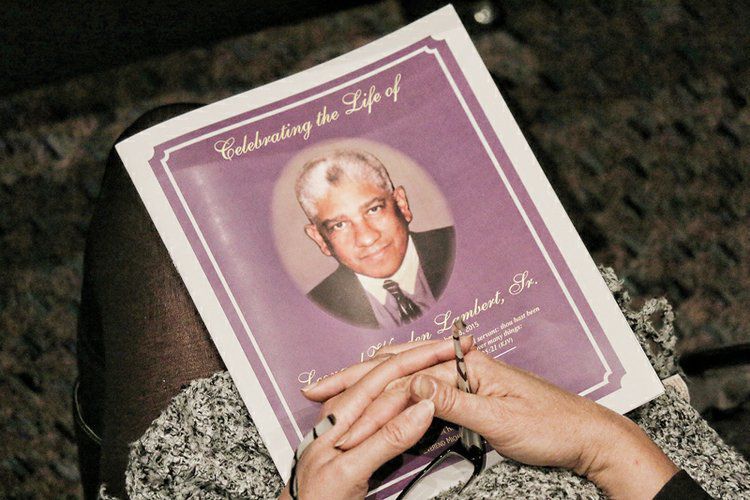


If you can manage to ignore the day of a loved one’s death, you are wholly entitled and encouraged to do that.
Ignoring this day doesn’t make you a bad person. It doesn’t mean you’re lacking in feeling or grief or consideration. We all have different ways of coping. For some of us, the actual day of the person’s death is not a time that we will choose to honor and remember them.
Perhaps you choose instead to celebrate the person on their birthday, or another holiday like Mother’s or Father’s Day, or a special date just the two of you shared. Or, maybe it’s not about a specific date for you—maybe the person’s memory simply permeates your day-to-day life. If you don’t struggle to cope with a death anniversaries (sometimes referred to as “deathversaries”), that’s okay.
But for some of us, a death anniversary can be the most difficult time of the year. These annually returning dates can cause fresh grief and bring back painful memories. If this is the case for you, it’s important to take a proactive approach to these dates. Here are some ideas for commemorative activities that can ease the pain on these occasions.
1. A Tradition, New Or Old
When we lose a person, sometimes we start to notice traditions that they held up in their lifetime. Perhaps your husband was the master pancake chef for Saturday morning breakfasts or your grandmother was the one who always put the star on top of the Christmas tree. These traditions can sometimes become what we miss most acutely when a person is gone.
Traditions are a wonderful way to commemorate a death anniversary. They can provide an uplifting, positive experience to anticipate and enjoy on an otherwise challenging day. You could revive an old tradition—perhaps you make those pancakes for breakfast—or create an entirely new one, such as visiting your loved one’s favorite coffee shop or museum.
Whatever the activity, an annual tradition will not only provide some pleasant relief on a sad day, but it will also allow you to track the progress of your grief as the years pass.
2. Share The Experience
It can be therapeutic to share your loss and grief with others. If others are willing, schedule an event of some kind, such as a family dinner or visit to the grave site. Interacting with other people who are experiencing similar feelings of sadness can allow you to hold each other up during a difficult time.
It’s important to approach this with tact. People deal with grief differently. If someone is trying to make it through this painful time of year with as few reminders as possible, it might be insensitive to their needs to schedule a group event for the death anniversary. Be careful and considerate when approaching people about an event like this.
3. Distraction
It might be helpful to spend time with people who won’t acknowledge the anniversary. Finding a distraction can be a very effective way to get through the day.
Go see a movie or take a weekend away to a brand new place with some friends. If what you want is to not think about the passing of your loved one, plan stimulating activities that are sure to fulfill and entertain you.
4. A Continuous Memory
For some people, a tactile, visible commemoration of the loved one can be most helpful.
There are many manifestations of this. One can create a memory stone every year on the death anniversary, all of which will line up to create a path through the garden. Perhaps you have a journal for the sole purpose of recording your thoughts on this date, so you can go back through and see exactly how you felt at this time last year. Having a tangible timeline of your grief can be productive and healthy.
5. Allow For Change
The emotions around a death anniversary are unpredictable and powerful. Whatever you choose to do on this day, it is important that it leaves you feeling more healed and peaceful than you did before.
Don’t hold yourself to unnecessary standards. If it no longer feels good to host a special dinner on the death anniversary, cancel it. Only you know how to cope with your grief. Allow your plans for this anniversary to change and evolve as you see fit. Allow yourself to heal.


